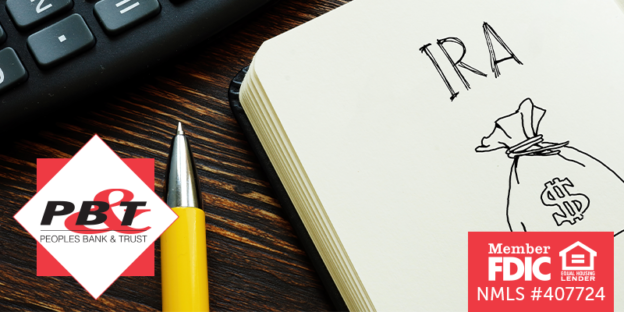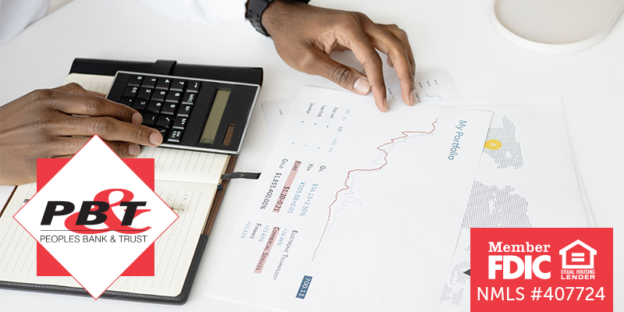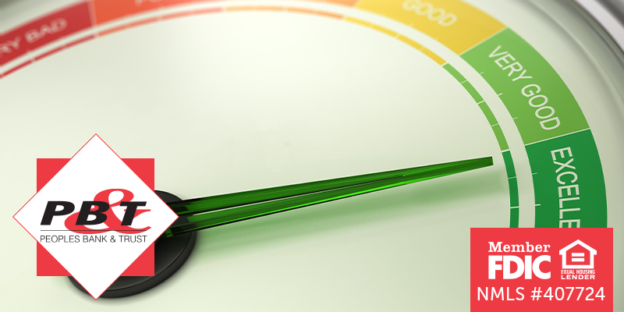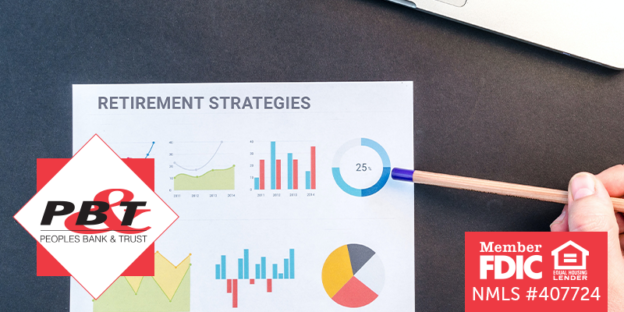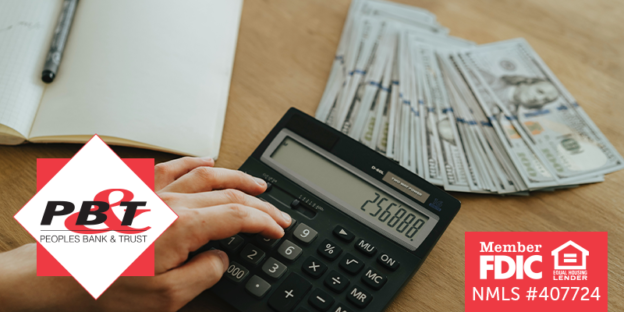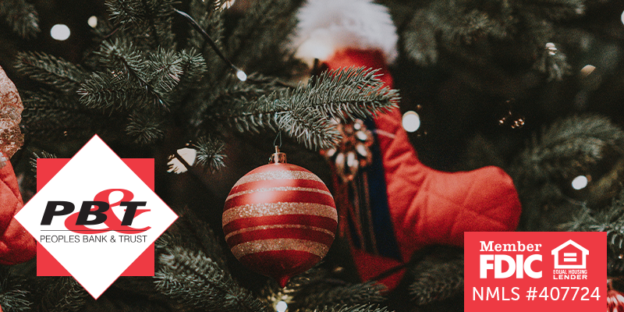Paying off student loans isn’t going to happen overnight – it takes time, and most importantly, discipline. There are some steps you can take to speed up the process and be debt-free sooner rather than later. If you’re in need of some advice on this subject, you’re in the right place.
1. Pay MORE than the minimum.
If you’ve only been paying the minimum, odds are you haven’t seen a whole lot of progress. Plus, the interest you’re piling up isn’t helping either. Instead of worrying about saving as much as you can, focus on putting a bigger chunk of your money towards your student loan debt to make the payoff process much faster.
2. Put all promotions, tax refunds and bonuses towards your student loans.
It may seem tempting to reward yourself when you get a promotion or a bonus, but take a step back before spending impulsively. Make the decision to put all your “extra” money towards paying off your student loans rather than spending it all.
3. Pick up a side hustle.
If you have some extra time on your hands before or after work or on the weekends, consider picking up a side job for extra cash. You could waitress on the weekends or evenings, start your own side business involving a hobby of yours or sign up to be an Instacart driver or DoorDasher.
4. Re-evaluate your budget (and stick with it).
Take a look at your current budget if you already have one and figure out what adjustments can be made. You’ll most likely have to make some sacrifices, but they’ll be worth it in the long run when you’re finally debt-free. Once you’ve adjusted your budget and left plenty of room for money to go towards your student loans, stay disciplined and make it a priority to stick with your budget.
5. Don’t give up – stay motivated.
Paying off student loans takes time and patience – you won’t see results in a week or month. The key is to stay positive and consistent in your payments and you’ll be debt-free before you know it.
Today’s the day to make a change! Your future self will thank you for ridding yourself of debt as soon as possible. Peoples Bank & Trust believes in you and is here to help!
Peoples Bank & Trust Co.
Member FDIC
Equal Housing Lender



